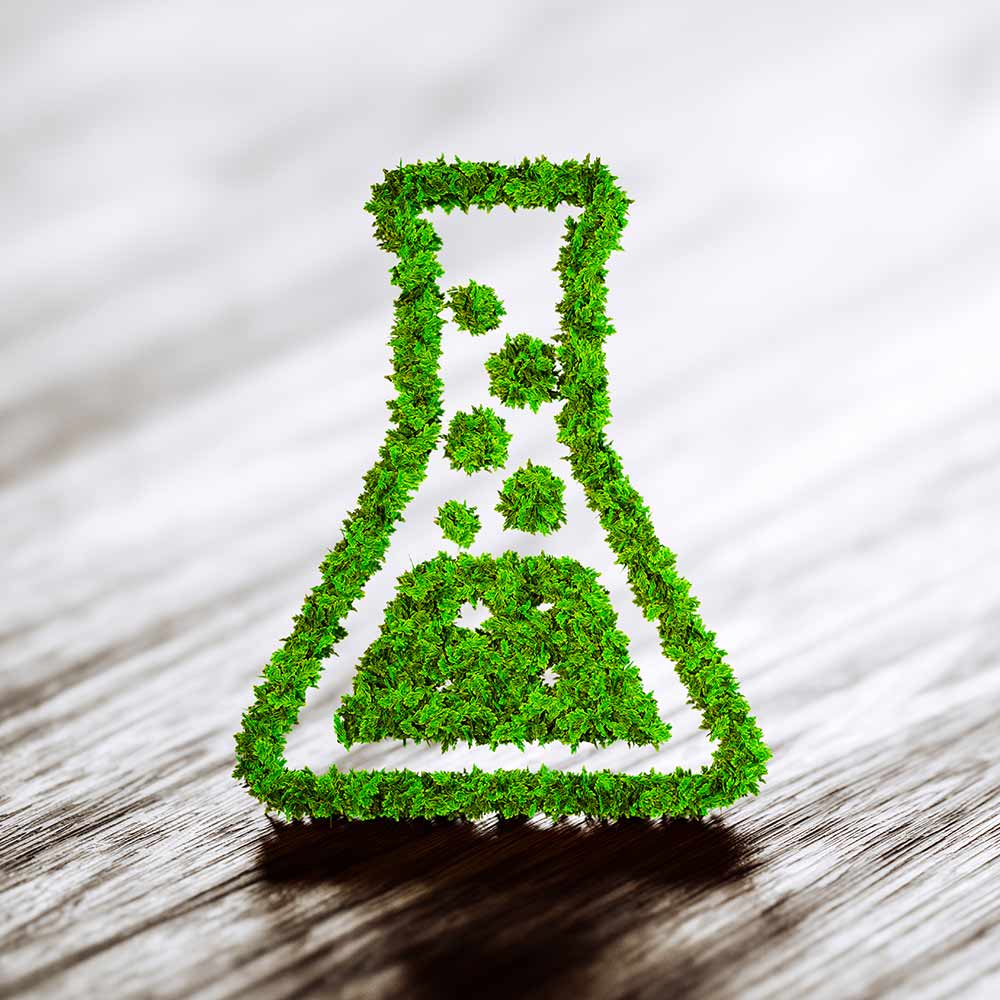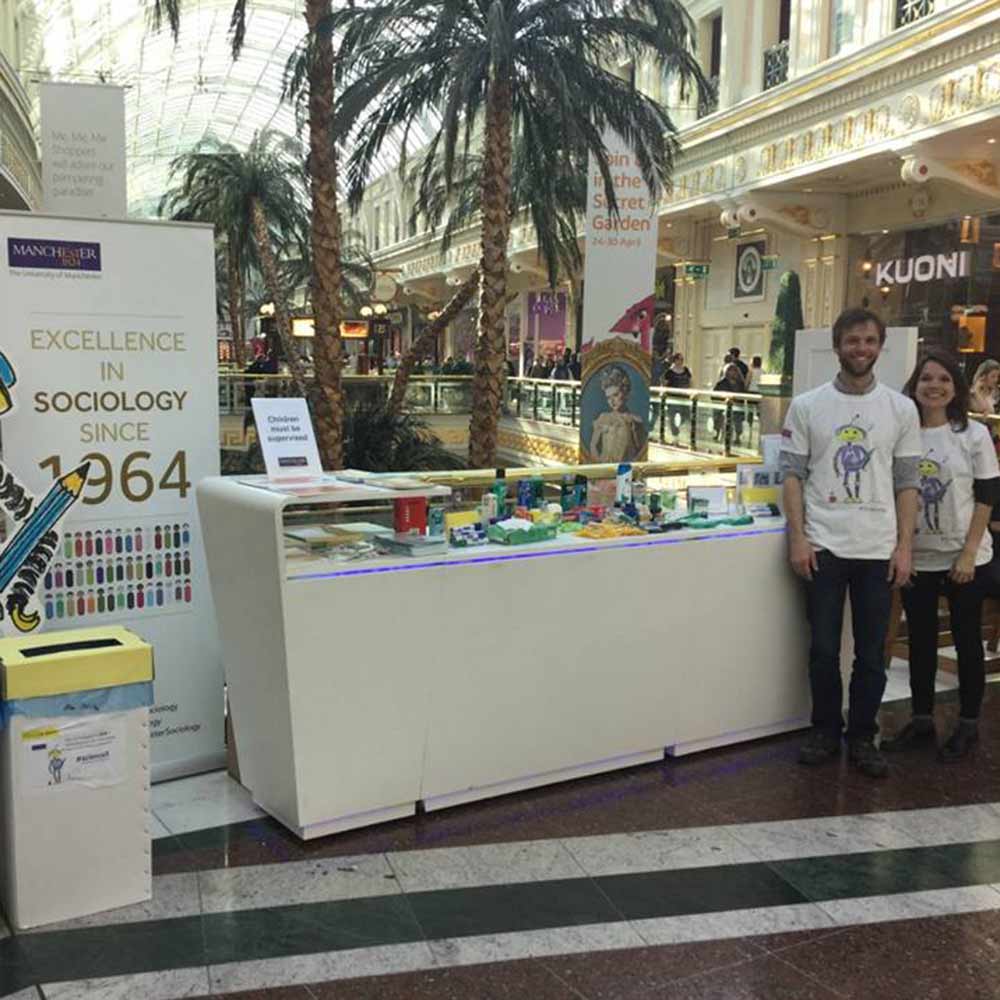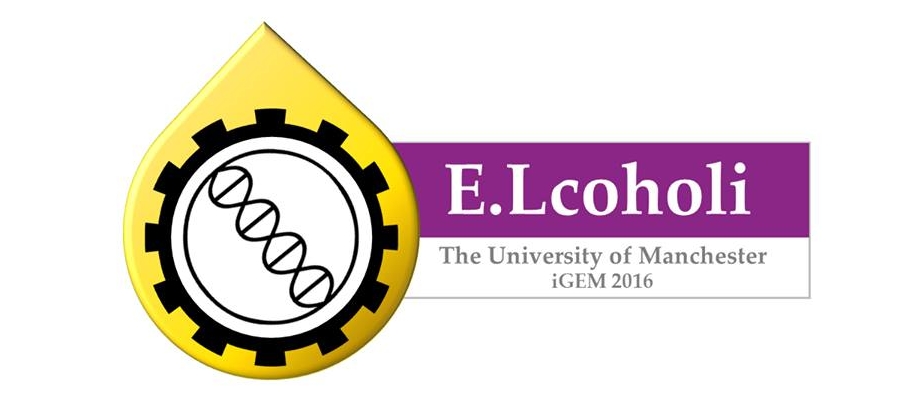Synthetic Biology
SYNTHETIC BIOLOGY
Synthetic Biology is an emerging science that has the capacity to transform the UK and European industrial landscape in sustainable manufacturing process across all industrial sectors, including healthcare, sustainable energy, green chemistry, pharmaceuticals, novel materials and bioremediation and to address major societal grand challenges. It has the potential to provide new sustainable manufacturing processes that reduce our dependency on carbon fuels (oil and gas).
CUTTING EDGE RESEARCH
Synthetic Biology requires cutting-edge research at the interface of biology, engineering, chemistry and computing science.
“The creation of new biologically based parts, devices and systems and/or the redesign of existing natural biological systems for useful purposes. Applying engineering principles of iterative Design/Build/Test cycles and plug-and-play.”
What are we trying to do?
We are engineering bacteria (E. coli) with new gene inserts for novel biochemical pathways to make fine and speciality chemicals.
CHEMICAL TARGETS
Our 3 main challenge led projects aim to accelerate the production and scale up of diverse and novel alkaloids, flavonoids and terpenoids which represent key chemical scaffolds with diverse commercial interest.
Alkaloids are a diverse class of bioactive compounds which make up many of the most important pharmaceutical and agrochemical compounds derived from natural products, whilst the modification of plant-derived flavonoids for drug development is currently under-explored due to their low bio-availability, complex chemical synthesis and lack of understanding of the natural biosynthetic pathways in plants.
Our final early targets are terpenoids which provide building blocks for the synthesis of high value chemicals with wide-ranging applications including uses as fragrances, flavours, Pharmaceuticals, insecticides and polymers.

Online SynBio Materials
Eriko Takano lecture for iBiology SynBio online course. The European Molecular Biology Organization (EMBO)/iBiology synthetic biology course is a series of talks about synthetic biology. It covers general principles, technical challenges, current research, and ethical issues in synthetic biology research.
This course is based on the EMBO Synthetic Biology in Action Course, which was held at the European Molecular Biology Lab (EMBL) in Heidelberg, Germany over two weeks in June 2015. In addition to the faculty lectures, there are five videos created by the graduate student and post-doc course participants where they describe and demonstrate the lab portion of the course. “A very informative SynBio resource!”

Online Course in Industrial Biotechnology
In collaboration with the University’s online and distance learning team, the MIB and SYNBIOCHEM is currently in the process of designing and delivering a Massive Open Online Course (MOOC) in Industrial Biotechnology. This endeavour, funded by the Research Beacons initiative, aims to raise awareness of the principals and advances in biotechnology by providing open education to students around the world. Previous MOOCs conceived by the University of Manchester have attracted up to 20,000 students from 150 different countries and it is hoped that this latest addition will be just as successful. The course features contributions from 20 MIB based academics and as well as national and international collaborators from industry and other universities.
More info coming soon.

Public Engagement and Outreach Activities
Find out more about some of the activities we have been doing to spread the word of Synthetic Biology to the general public and school/college students.

iGEM
iGEM, or the international Genetically Engineered Machine, is a student synthetic biology competition which aims to bring together young scientists from around the world, addressing global challenges through the engineering of biological parts.
